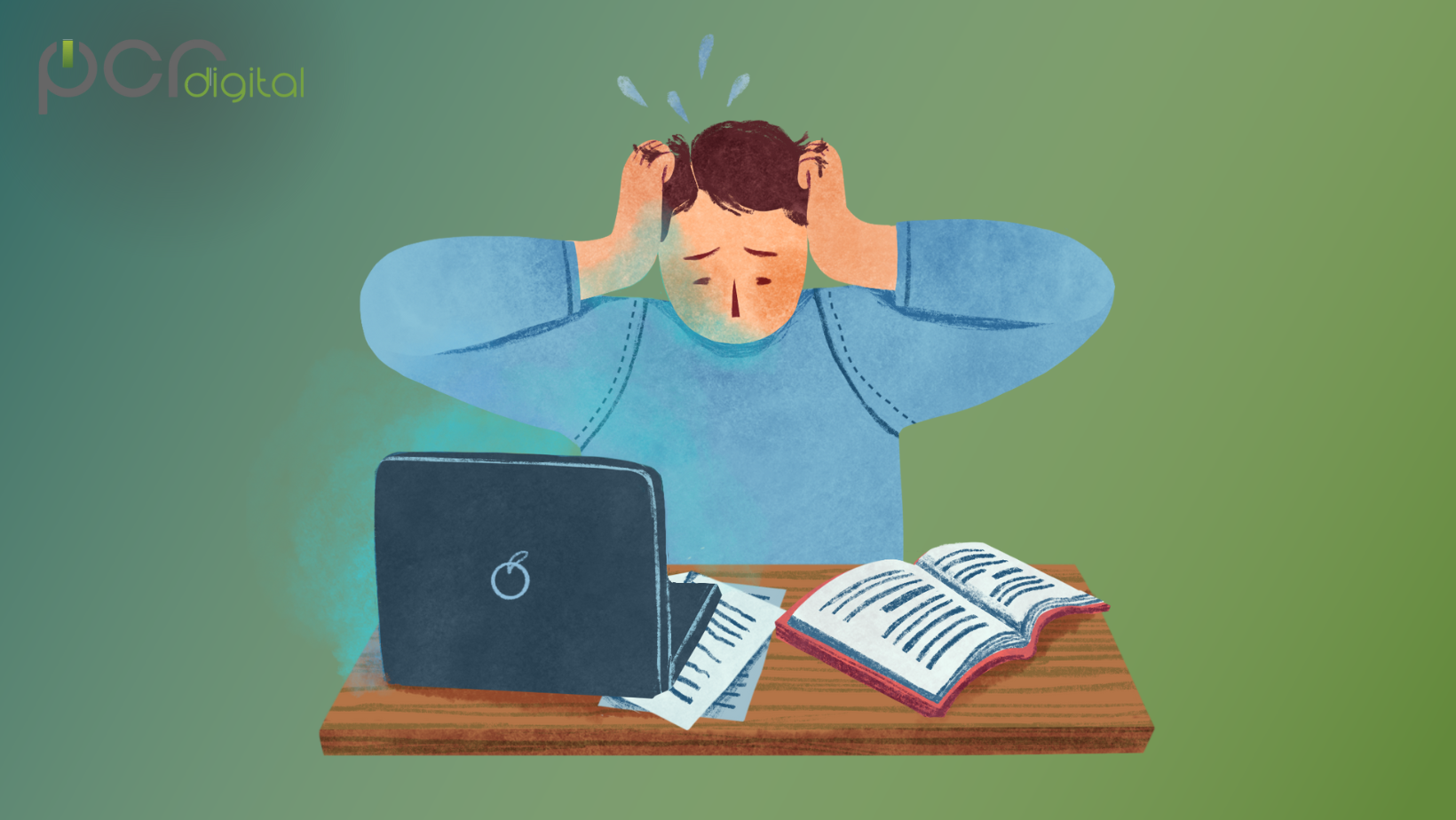Why is Mental Health in the IT and Tech Industries so Bad?

With mental health afflictions worsening, why is it that the tech and IT sectors are so notoriously affected, and how can we offer support?
In 2019, a Harvey Nash report found that half of workers in the tech industry had experienced mental health problems. The BIMA also revealed that tech workers are five times more likely to suffer from a mental health problem, compared to the wider population. This is paired with the global increase of anxiety and depression by 25% since Covid-19, according to a WHO report.
Building Pressure:
For one, there are the lingering effects of the pandemic, where increasing tech stack and pressure on IT staff lead to 89 percent of technologists saying that they feel immense pressure at work. With one report finding that around 17 million people nationwide haven’t mastered basic digital skills, this peak in dependency on technology (and therefore IT staff) has created an immense task for these individuals. This pressure is paired with the skill shortage that has only increased in recent years: a lack of support is increasingly chronic in the industry.
A Male-Led Industry:
Secondly, there is a bigger picture: the tech industry, as we all know, is overwhelmingly male-led.
According to the Mental Health Foundation, Men aged 40 to 49 have the highest rates of suicide in the UK, report lower levels of life satisfaction, and are less likely to access psychological therapies than women. With the tech workforce being 81% male, it’s no surprise that issues in men’s mental health also plague the tech industry. Despite a welcome rising number of diversity initiatives, these statistics equally affect other genders and sexualities in the workplace.
Women (and other genders) also have their fair share of mental health issues and, on top of that, working in such a male-dominated industry has been linked to impostor syndrome and gender biases in the workplace. Therefore, a lack of gender diversity associates the tech industry with wider mental health issues and exacerbates existing problems.
Isolation in contingent workers:
Lastly, the IT and tech spaces are saturated with contingent workers. These so-called non-employees, or contractors, often get the short end of the stick when it comes to getting support at work. Don’t get us wrong, contract roles are often well-paid and flexible, but as contingent workers are legally not considered employees, they often lack things like paid holiday, health insurance, team integration and mental health support. Therefore, for these often specialist workers, issues of isolation are worsened by the nature of their contracts.
So, What Can We Do?
Well, all of the above issues run deep into these industries, but that doesn’t mean that there’s nothing to be done to support people in tech and IT.
Relieving Pressure:
The pressure that IT and technology staff feel is at the front of mental health issues in the industry, and it is known as a difficult thing to solve. The obvious answer is to hire more supporting staff, but as we all know that can take time and add to work pressures. We would recommend speaking to a recruitment agency that is flexible to your individual needs so that a dedicated team can assist you with receiving candidate profiles. At PCR Digital, our contract and permanent On-Demand Recruitment is tailored to exactly that function and has budget-friendly invoicing. We also have another two hiring models adapted to contract hiring, discrete, exclusive head-hunting, and different budgeting.
Alternatively, if a recruitment agency isn’t an option for you, offering basic IT training to other members of staff to ensure familiarity with basic tech stack, could be an option to save money and relieve pressure on IT departments in the long run.
Building Diversity:
The logic is simple: if there is more diversity in technology, there will be fewer gender and race-related mental health struggles in the industry.
Building ties with organisations with pools of talent in these industries, such as the Showcode Athena initiative, are great ways to help to even out our incoming talent pool. As a women-owned business, this is particularly important to us, and we firmly believe that increasing the number of women and POC in the tech and IT industries will help to benefit the working environment.
Support Systems (For Everyone!):
As we have spoken about, contingent workers make up a large chunk of the IT and tech industry, and they are also notoriously neglected in terms of mental health support.
For this workforce, it can be hard to implement support systems without causing issues with their legal status as non-employees or with HMRC (although this may change with the current IR35 repeal). However, considering the conscientiousness of the recruitment agencies and umbrella companies (if applicable) that you choose to work with could help to improve your contractors’ quality of life. Also, creating spaces where contingent workers can collaborate and communicate with each other, even such as online servers, could help to form a sense of community. Much like other employees, offering access to counseling services and helplines, such as Samaritans, Mind, or 7 Cups of Tea, or discounts at apps like HeadSpace, Calm, or BetterHelp may also help to support contingent workers.
Overall, everyone goes through personal struggles, and the more that employers can create positive environments for those who work with them, the more industries like tech and IT can thrive.